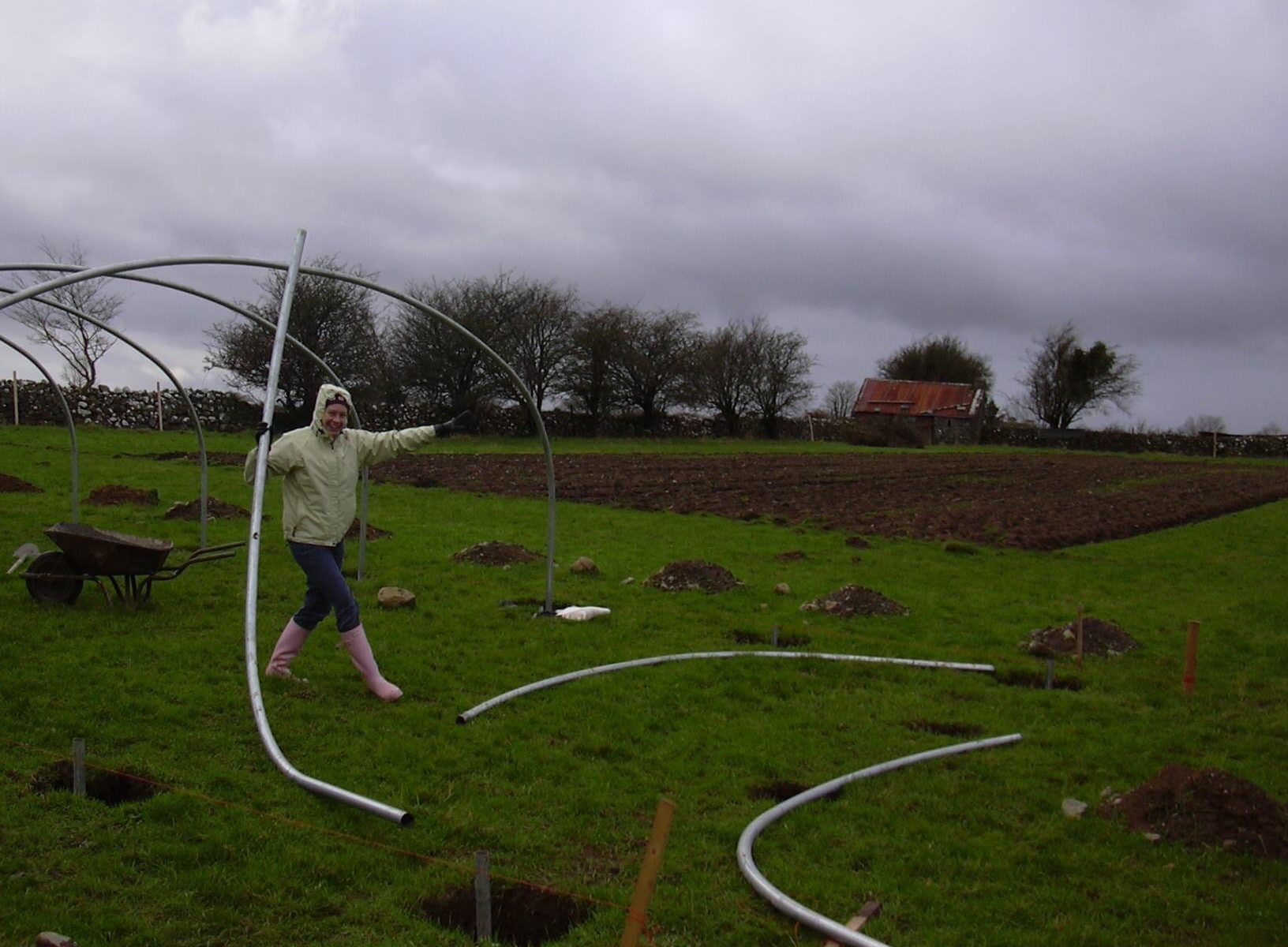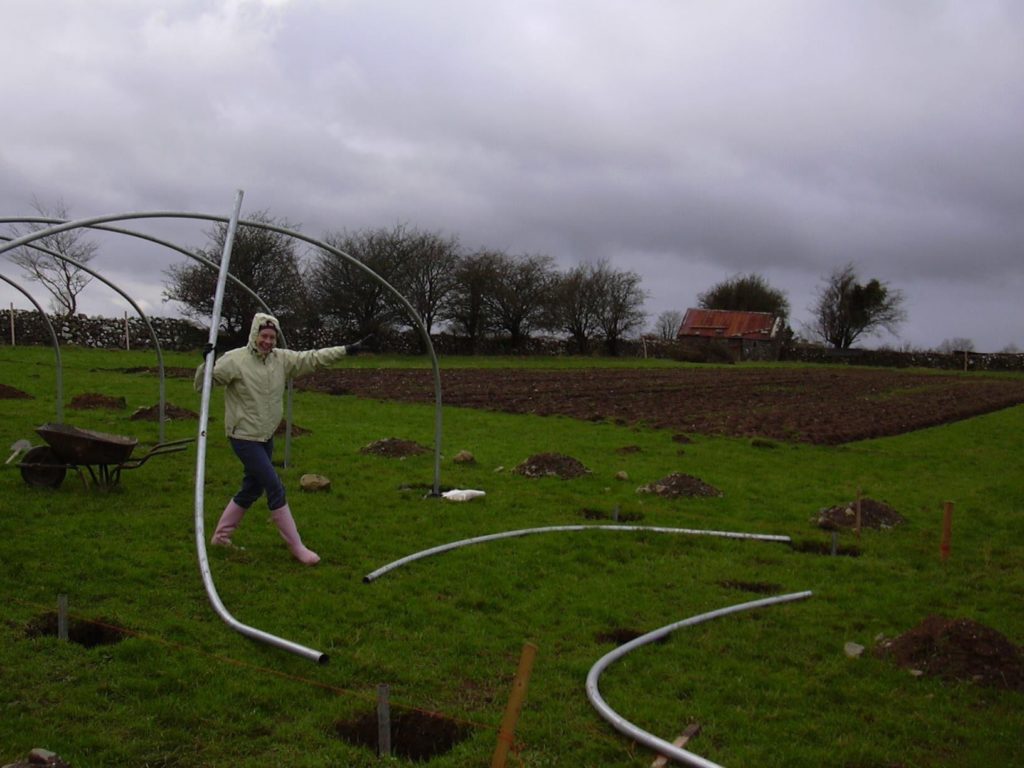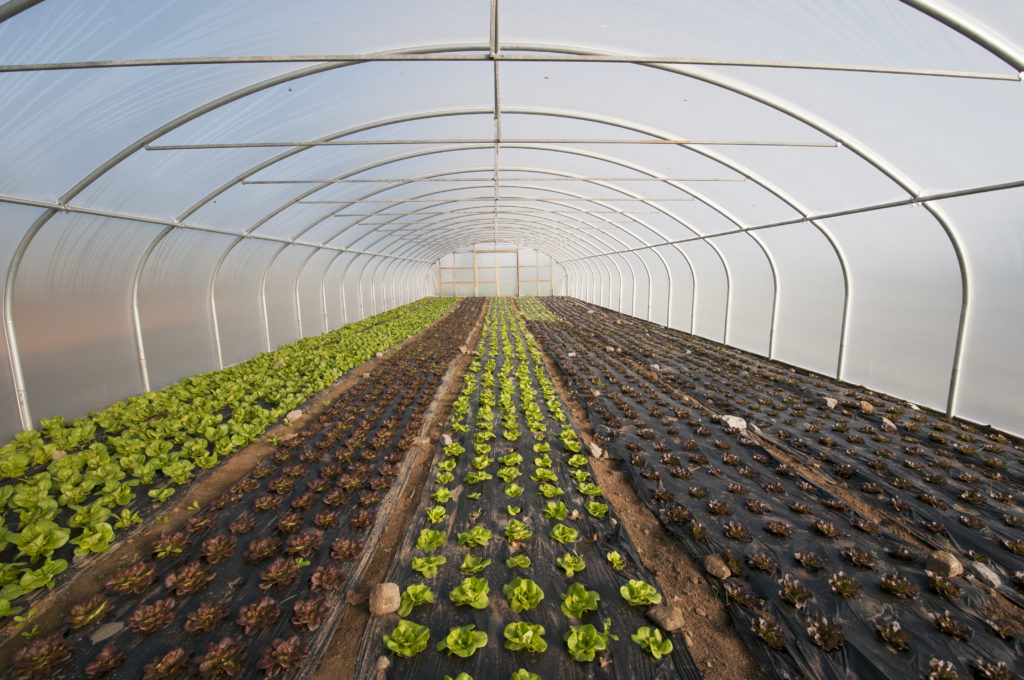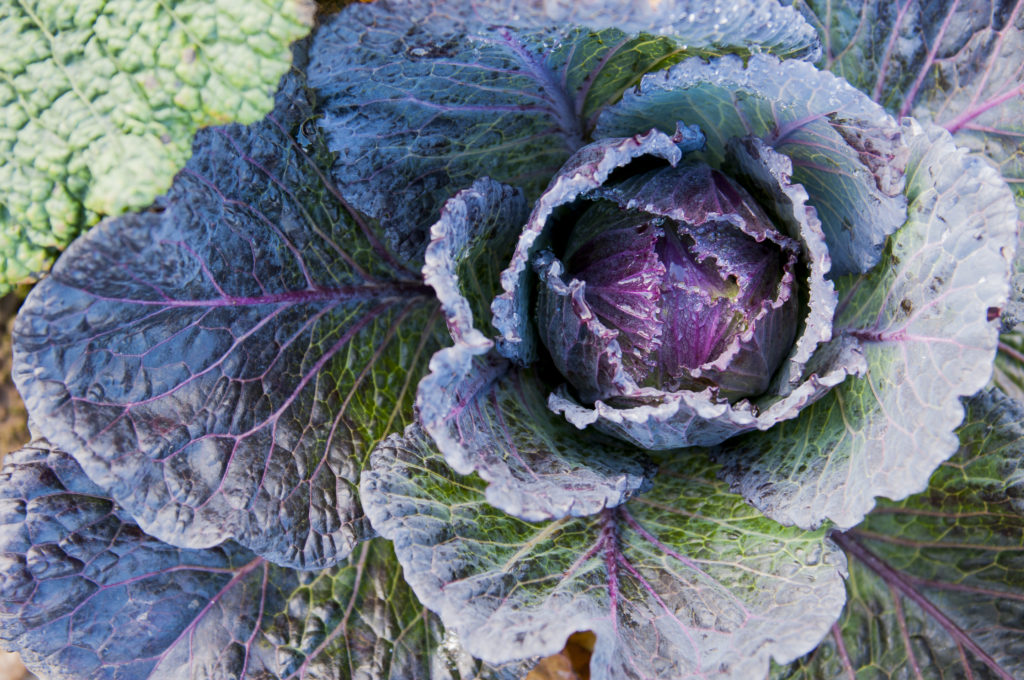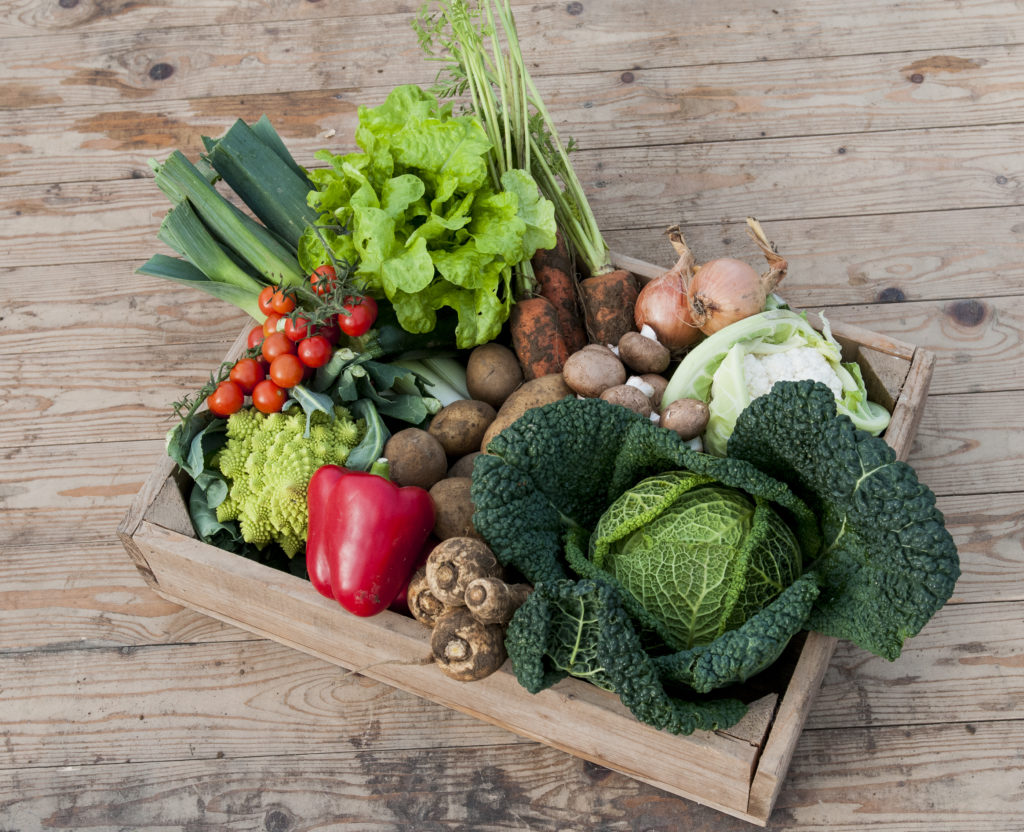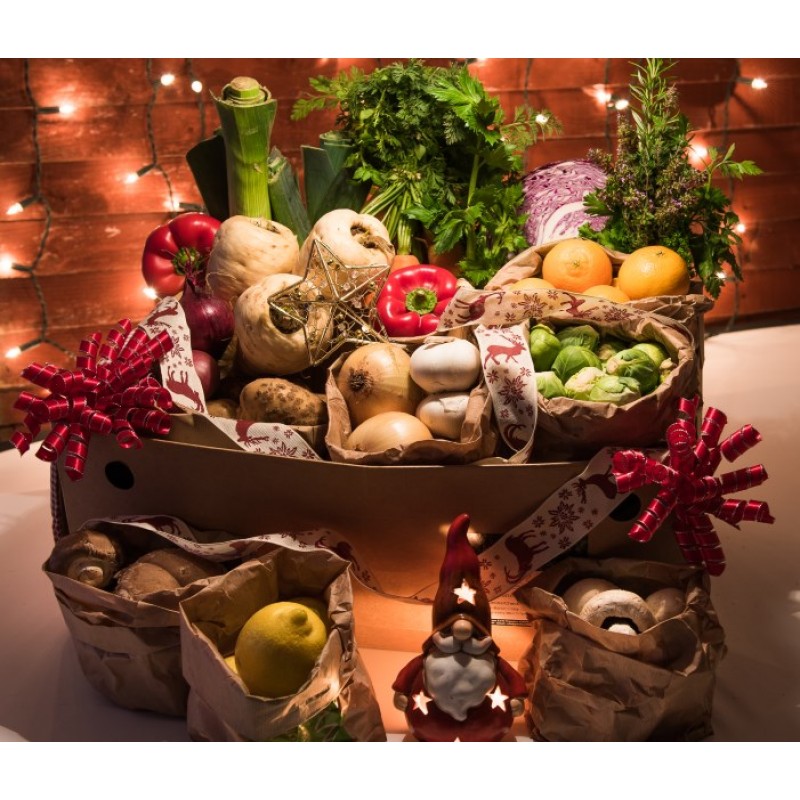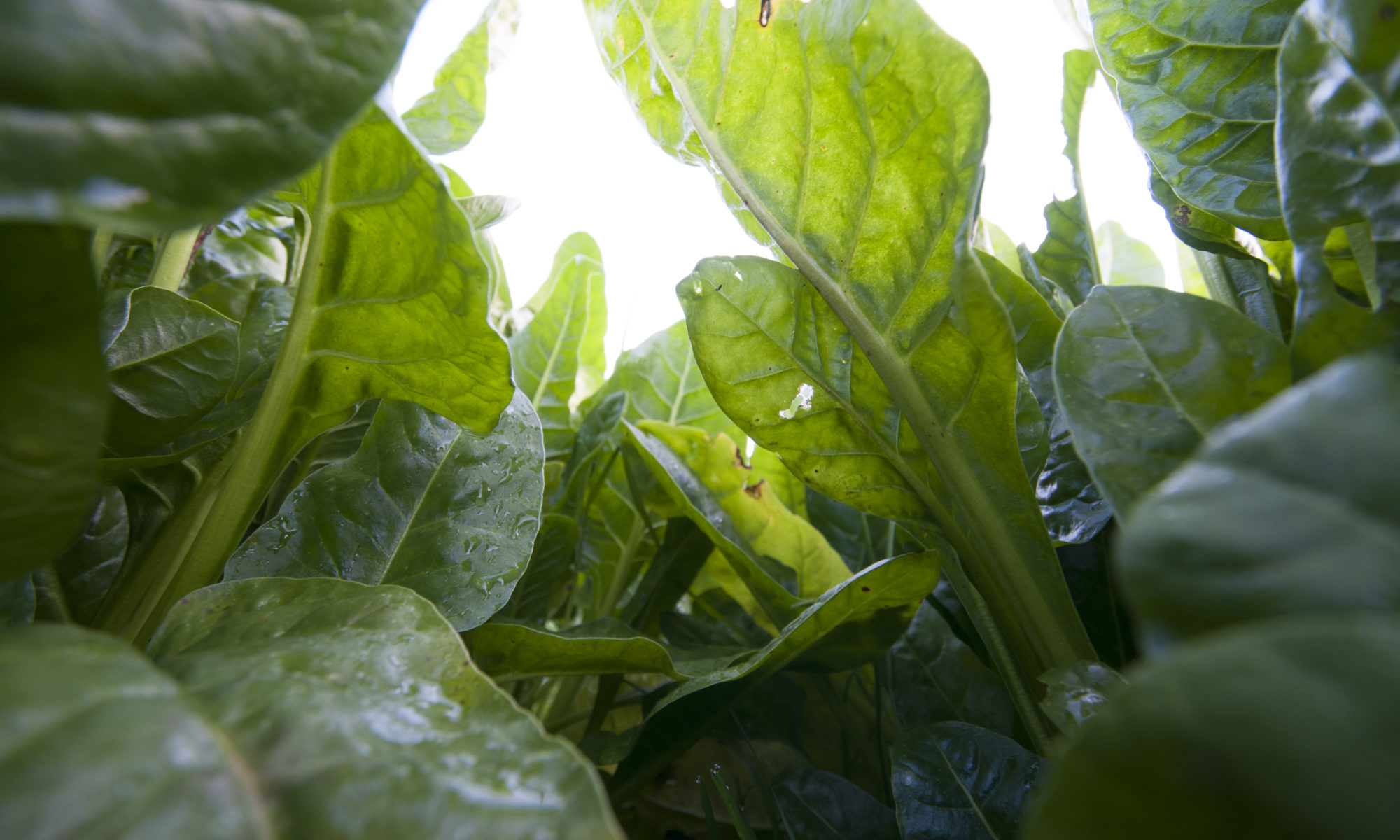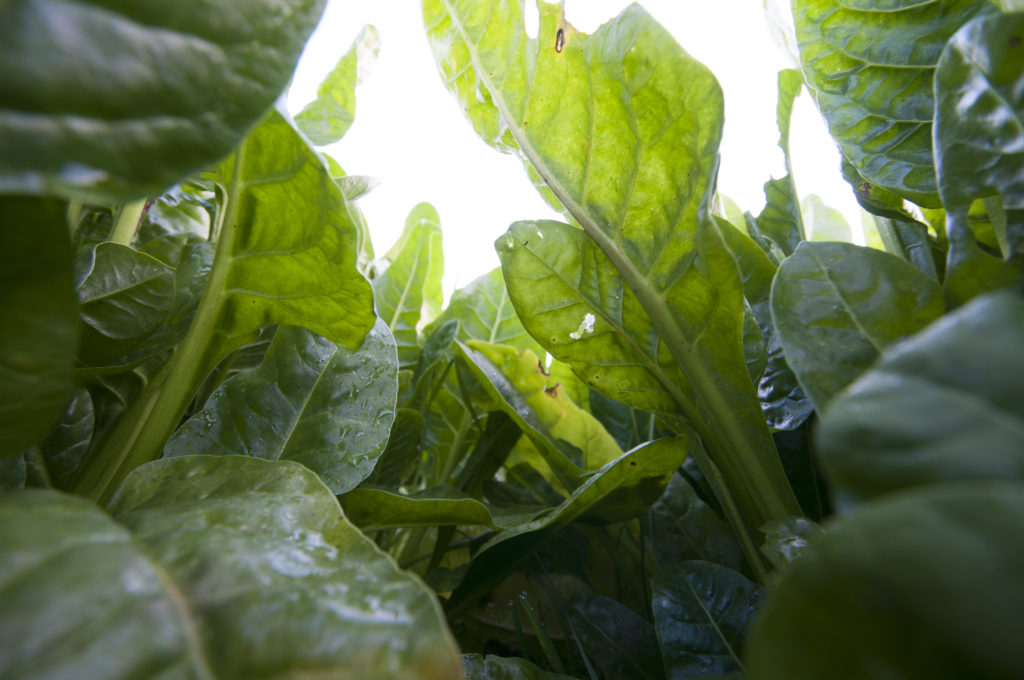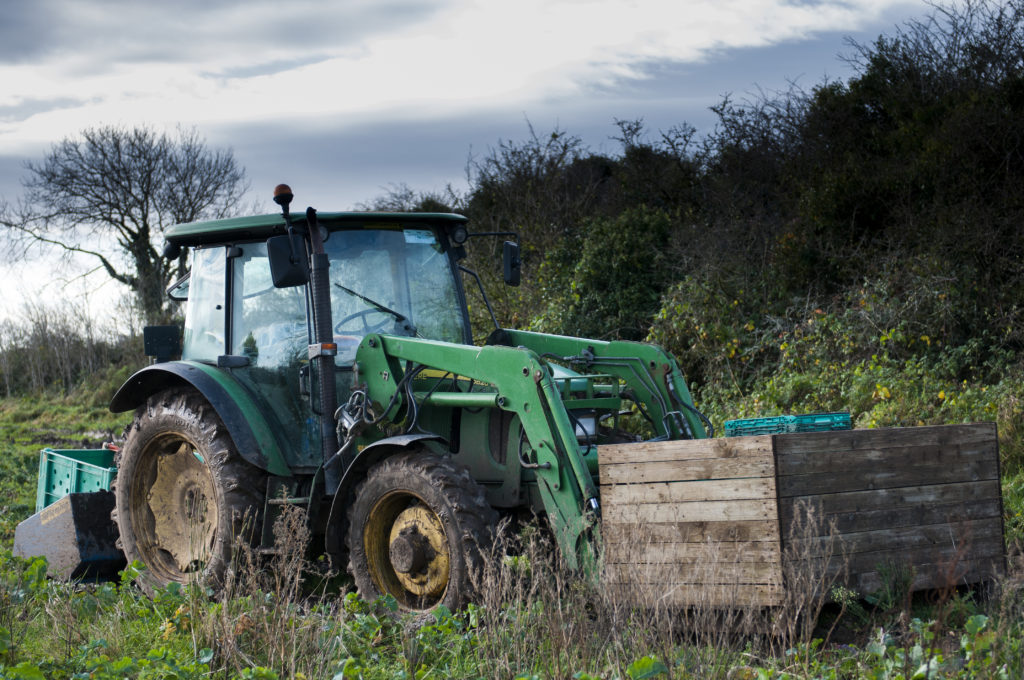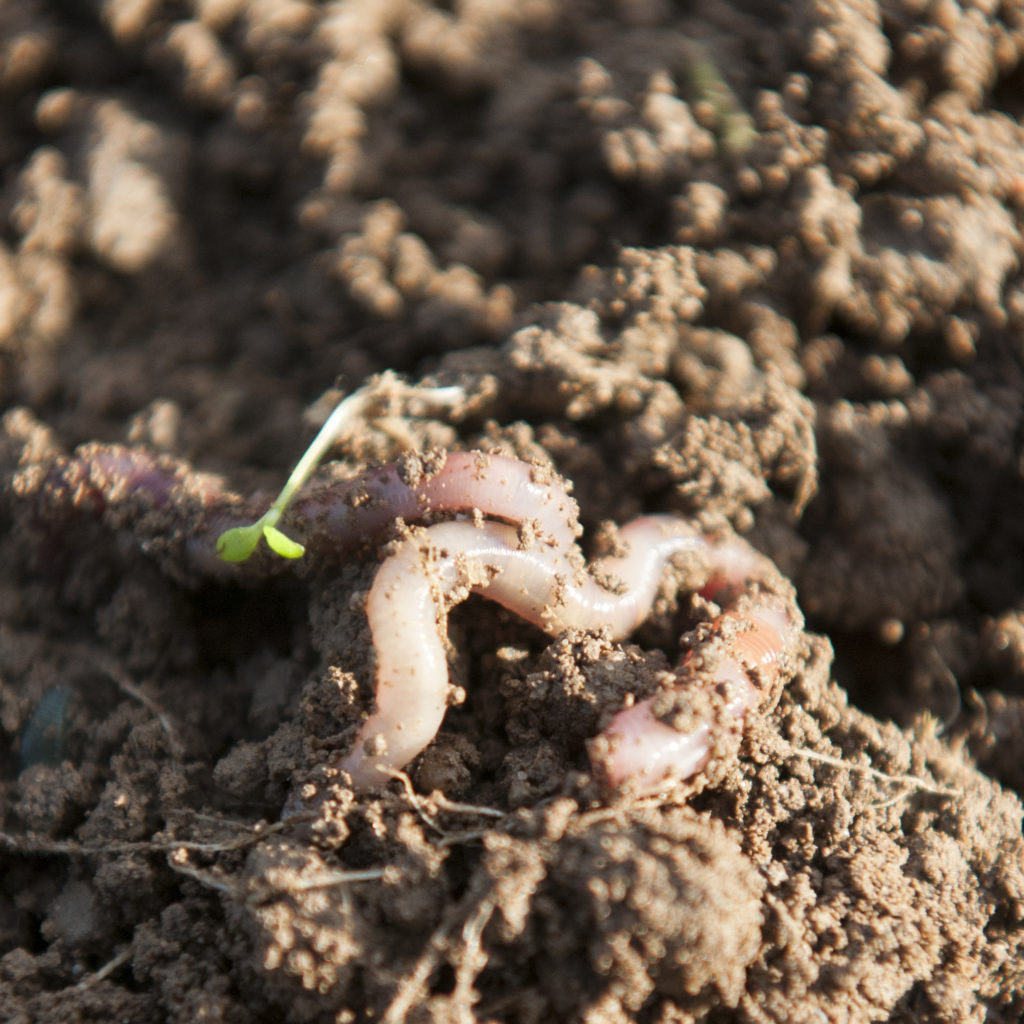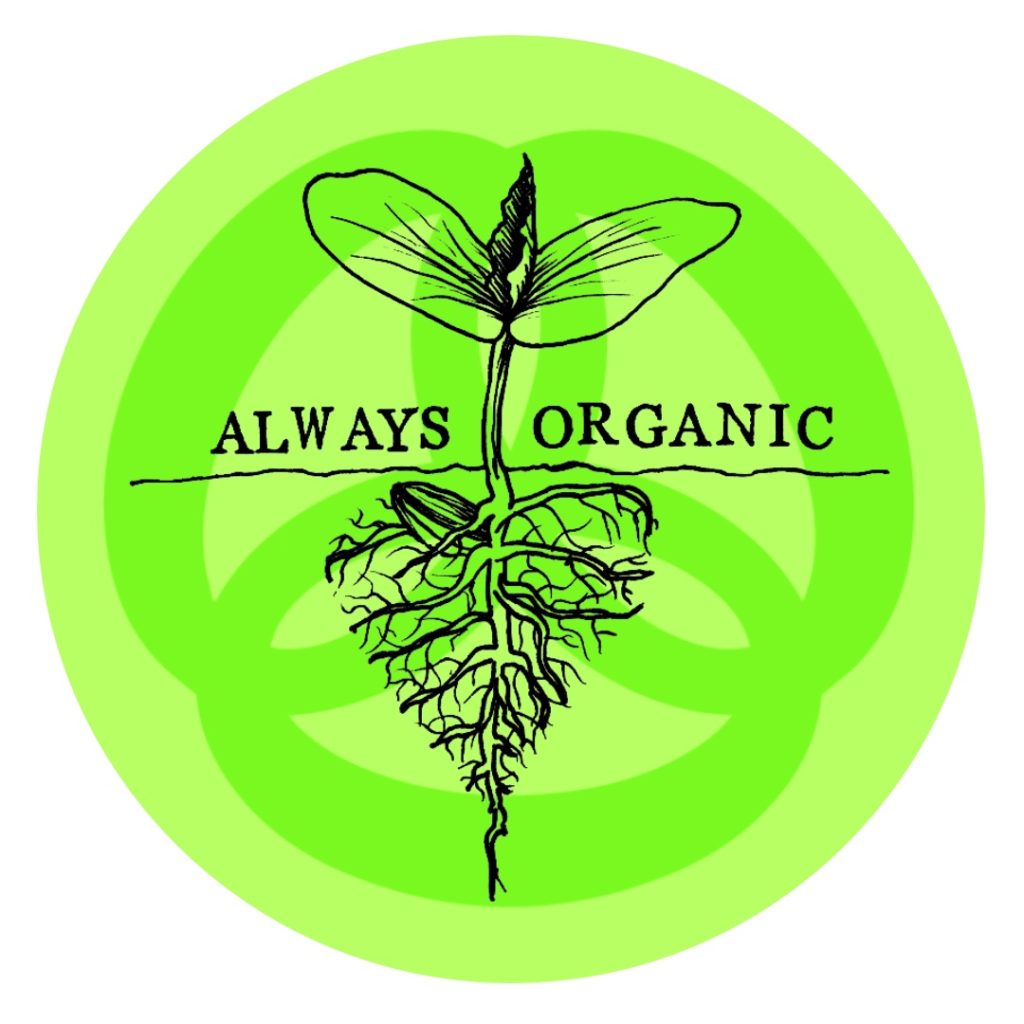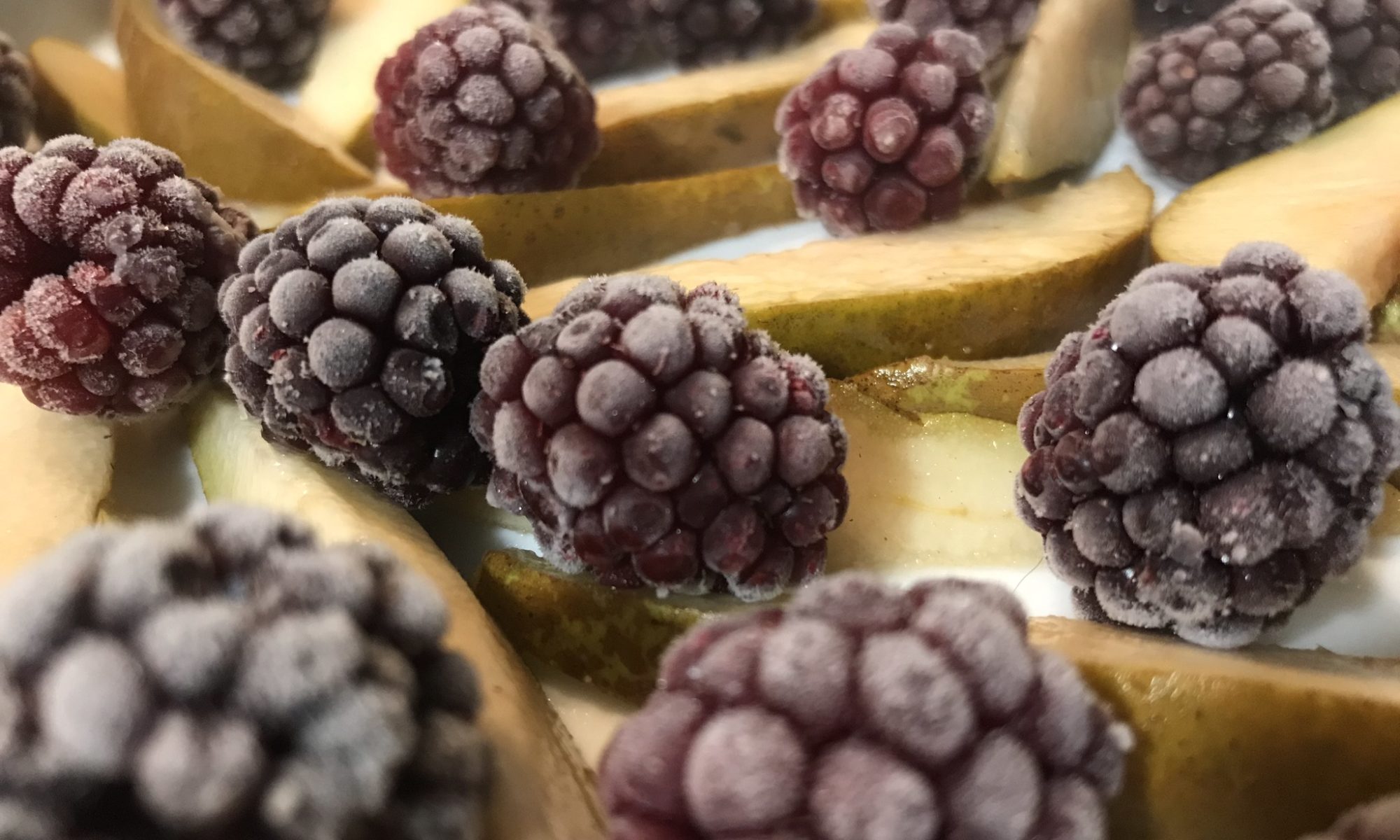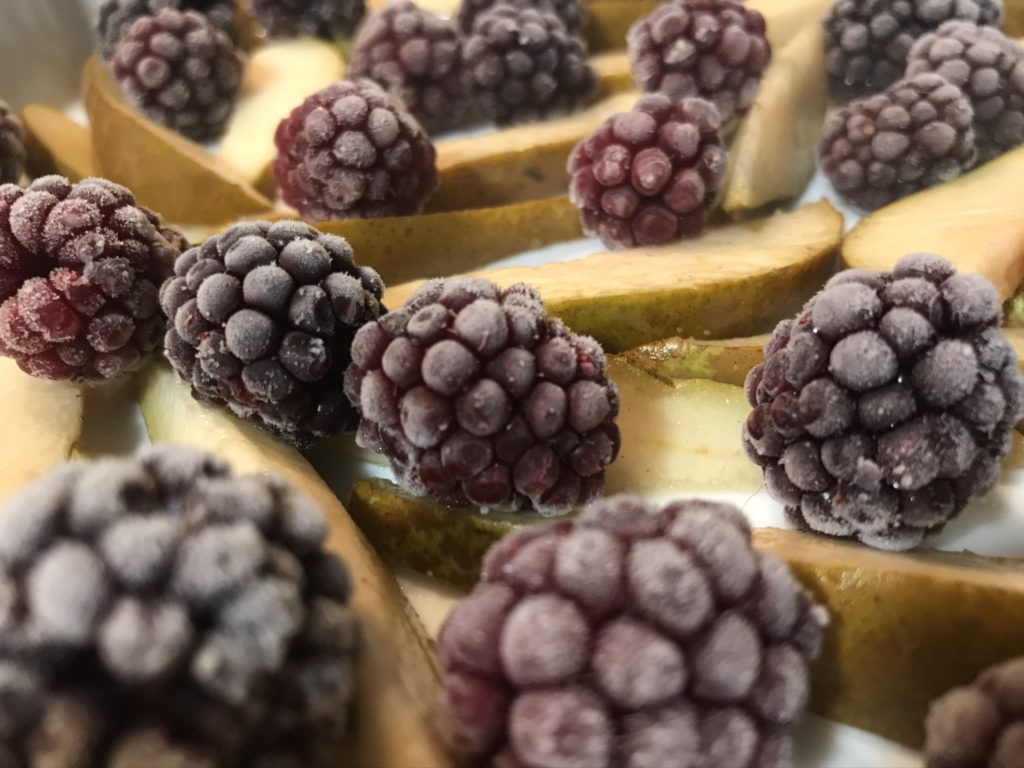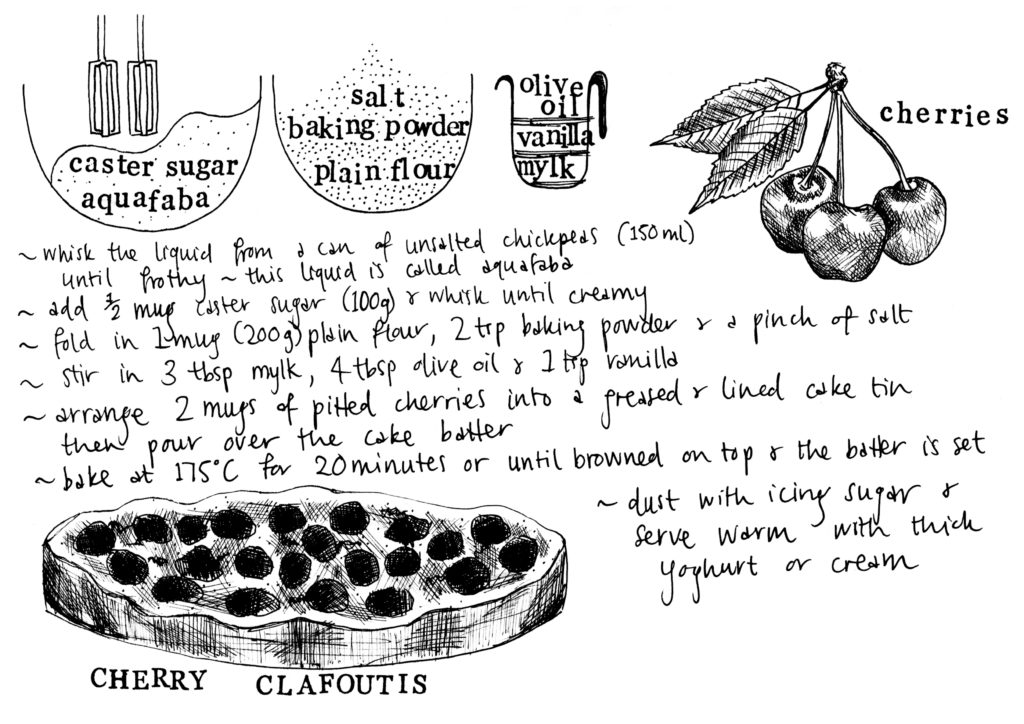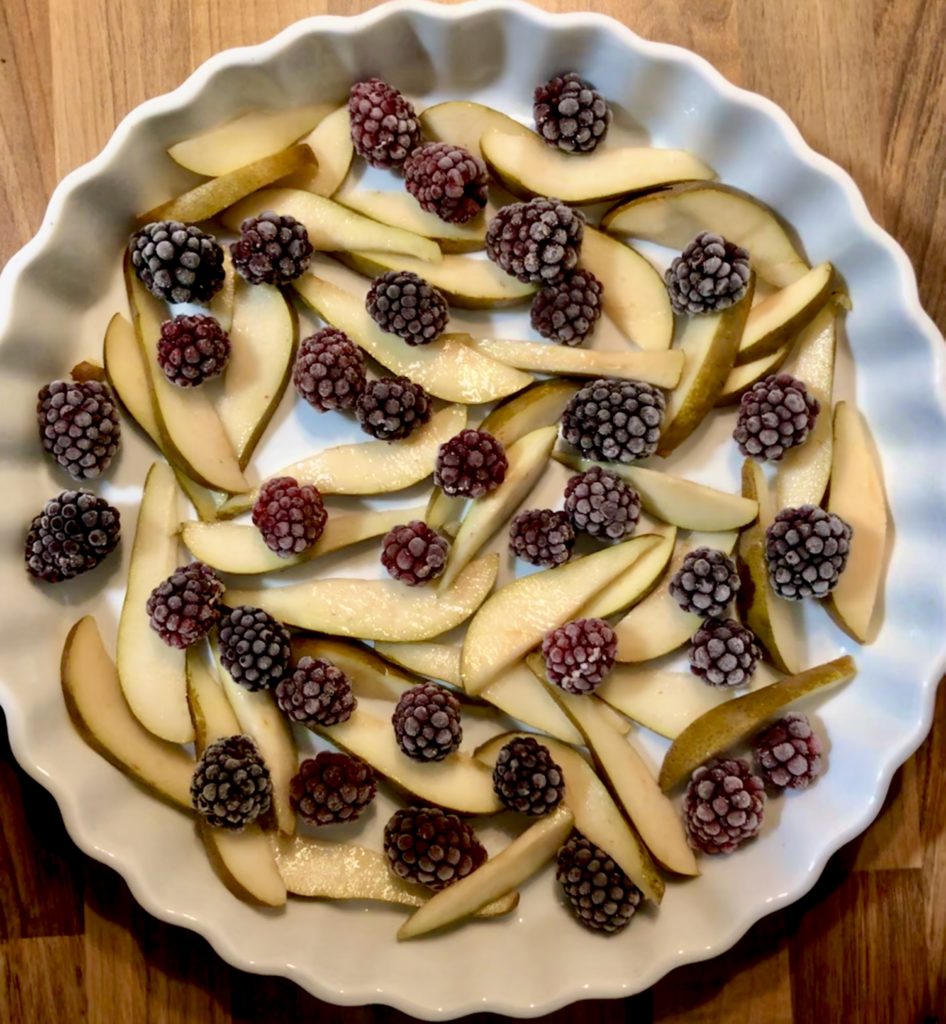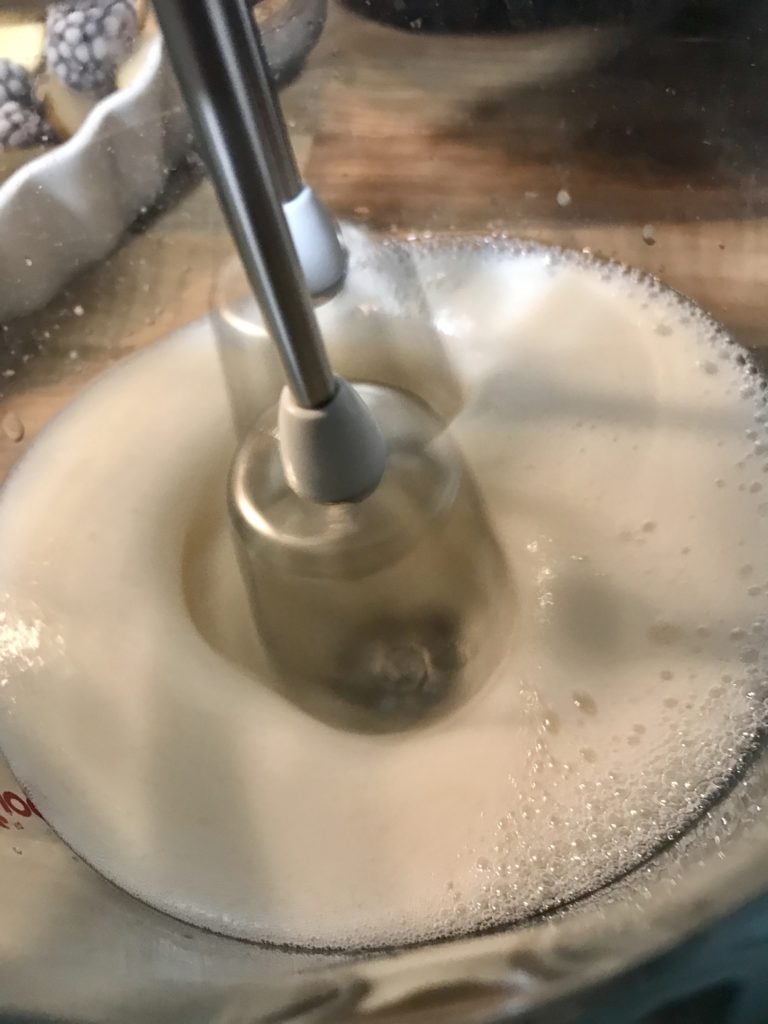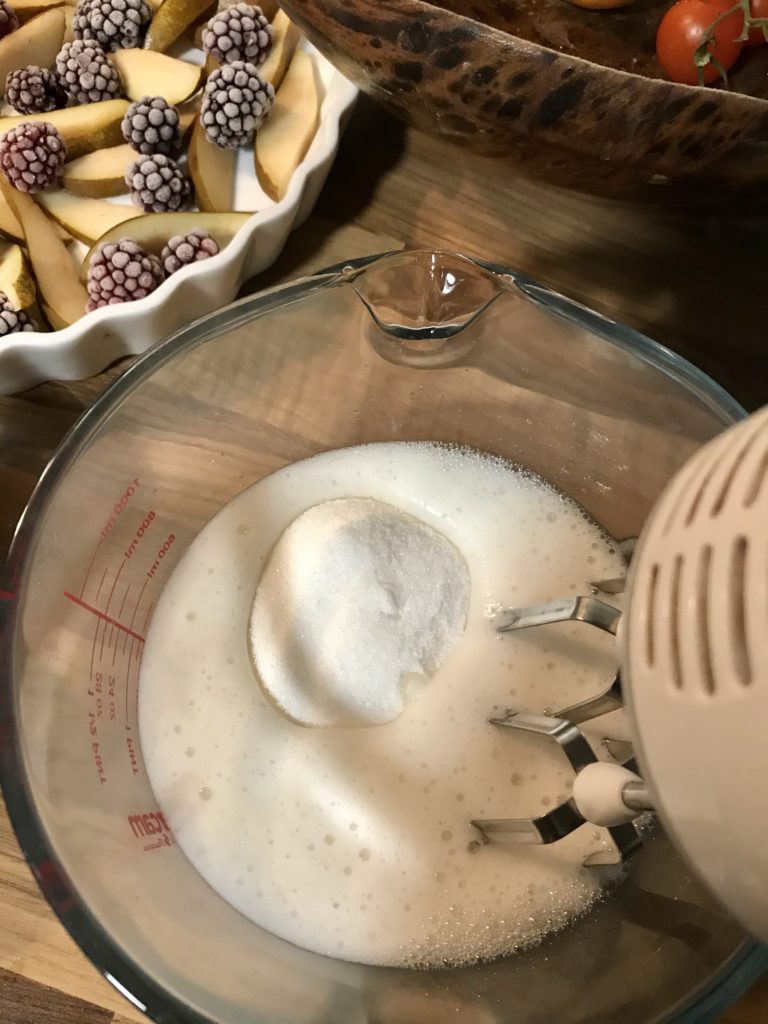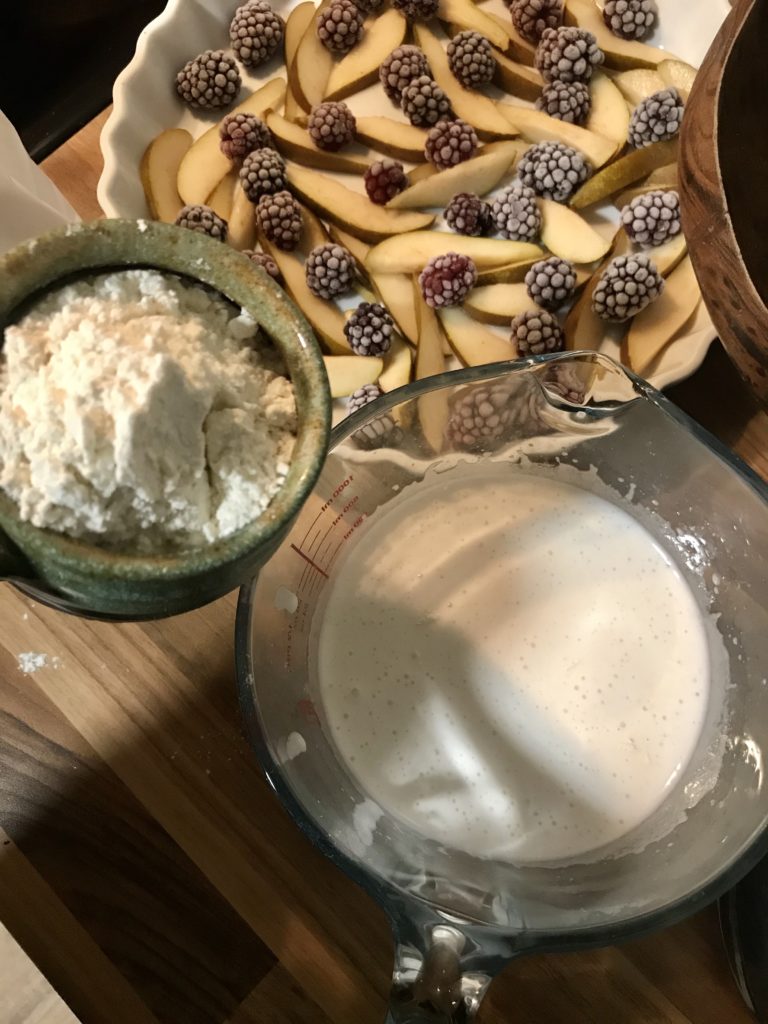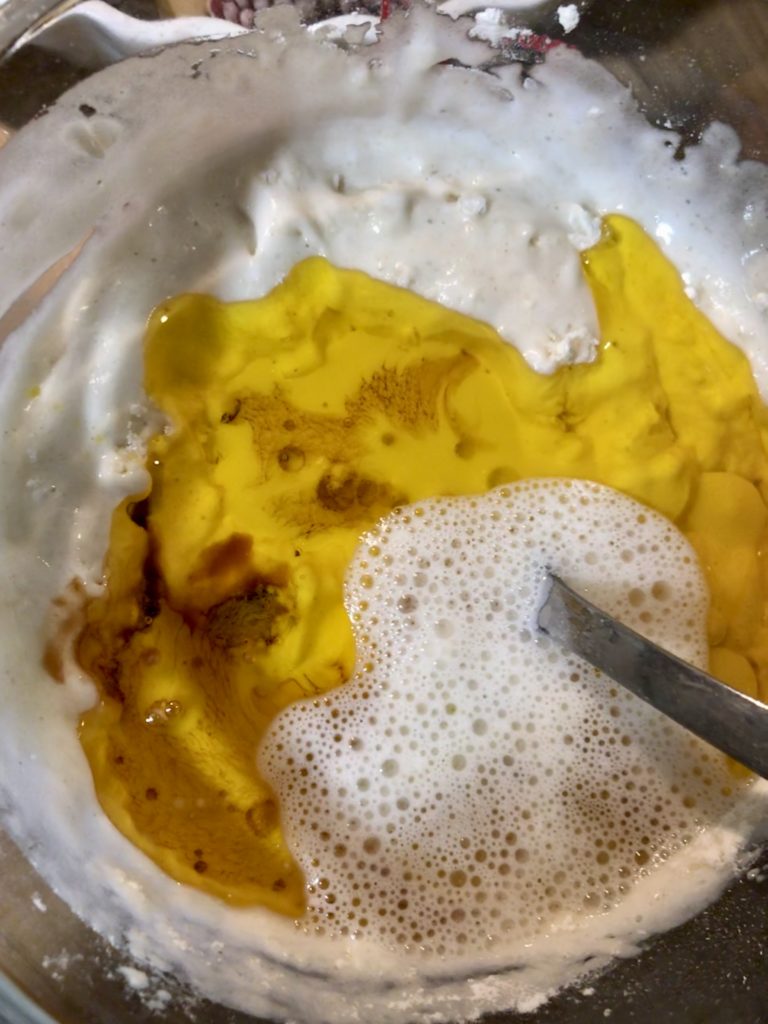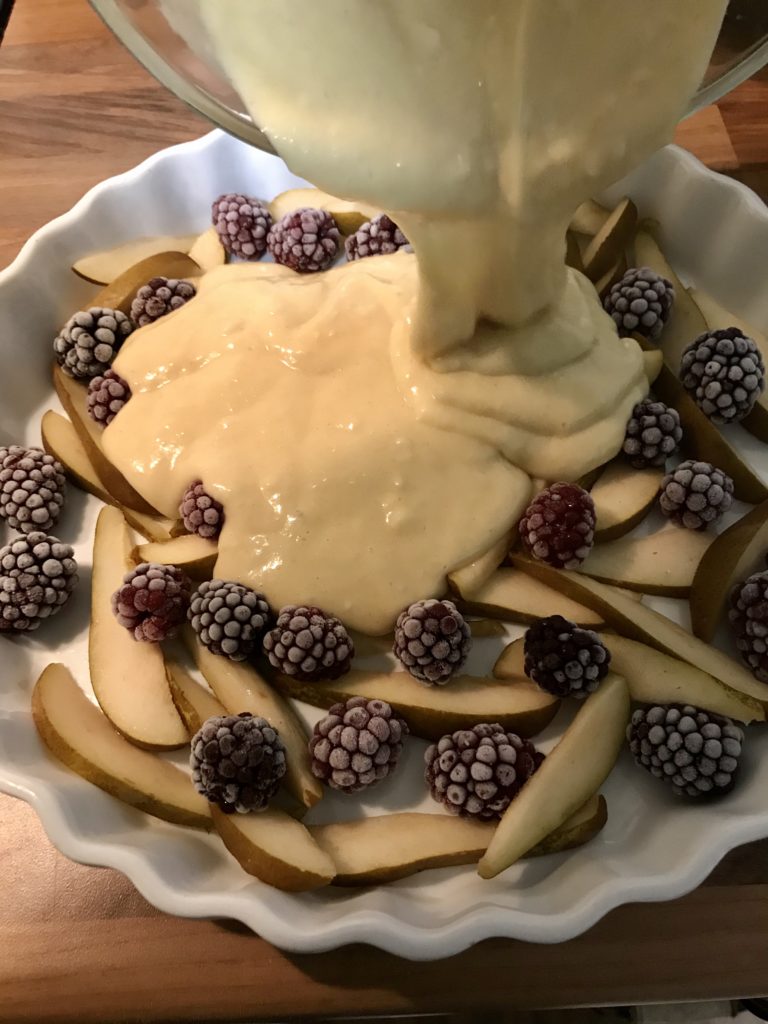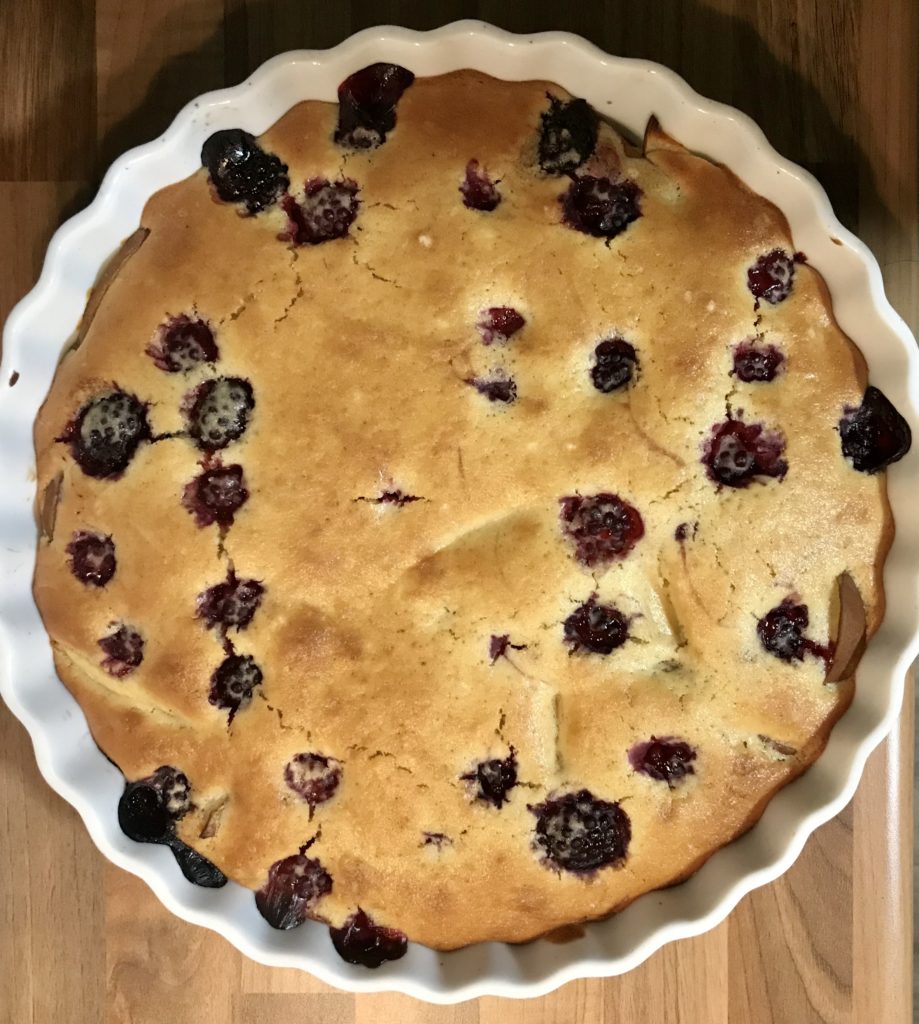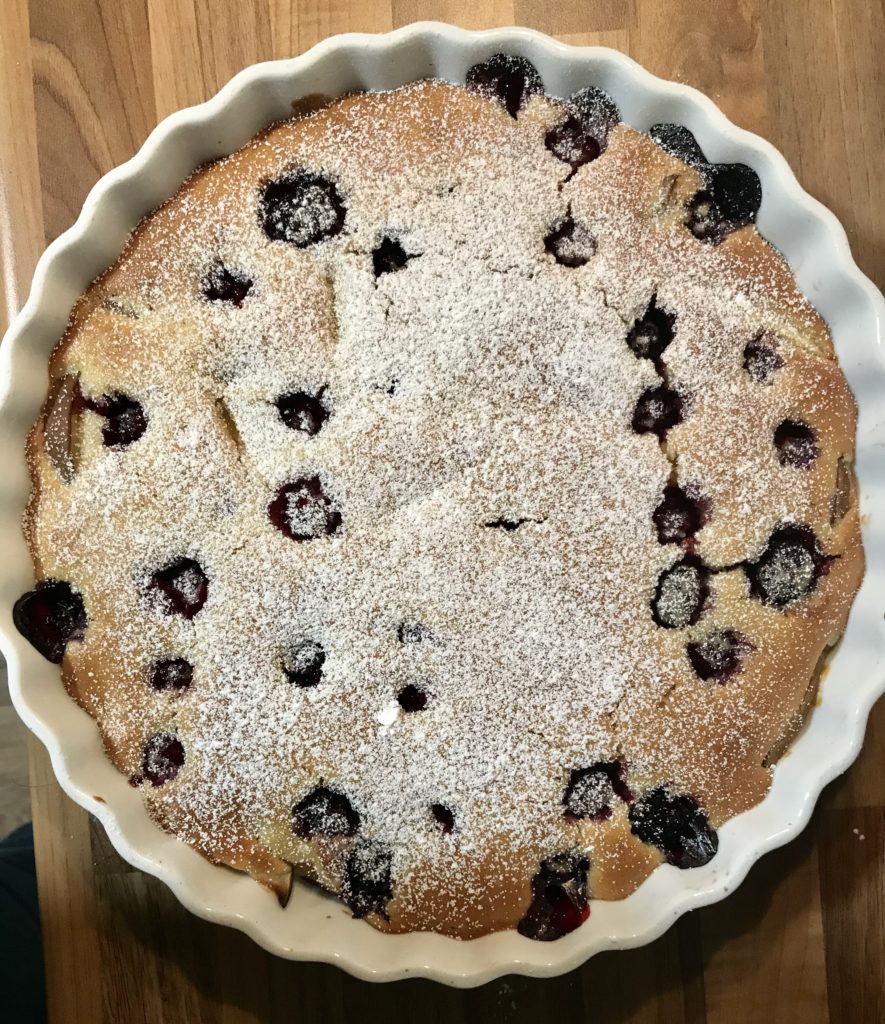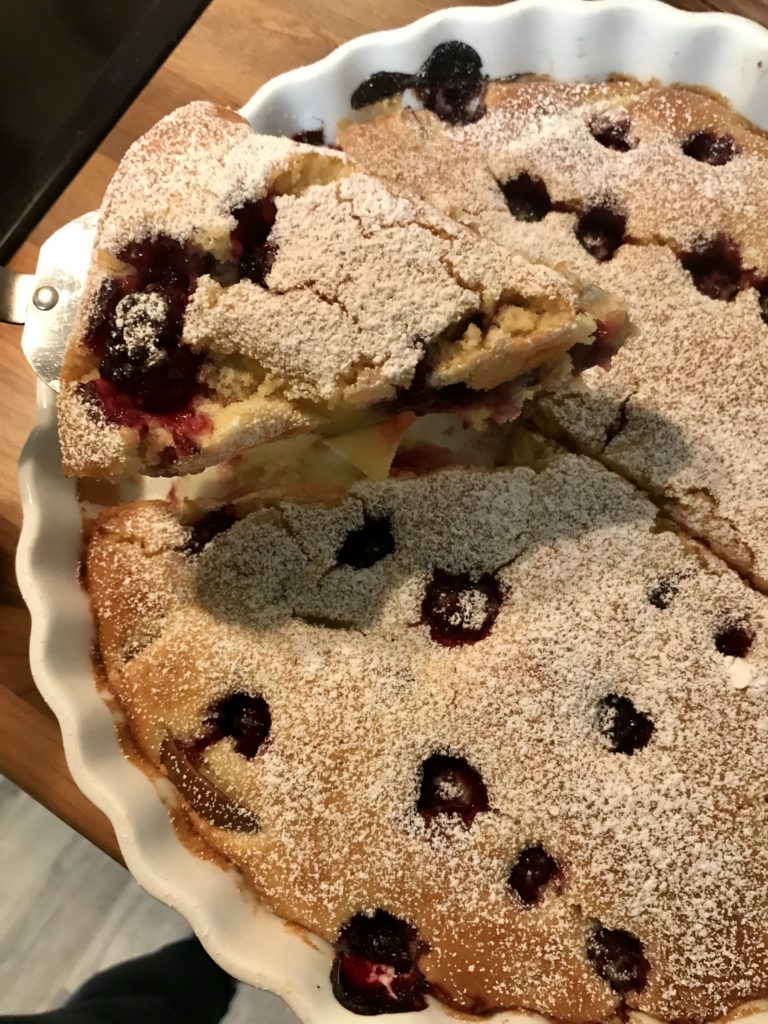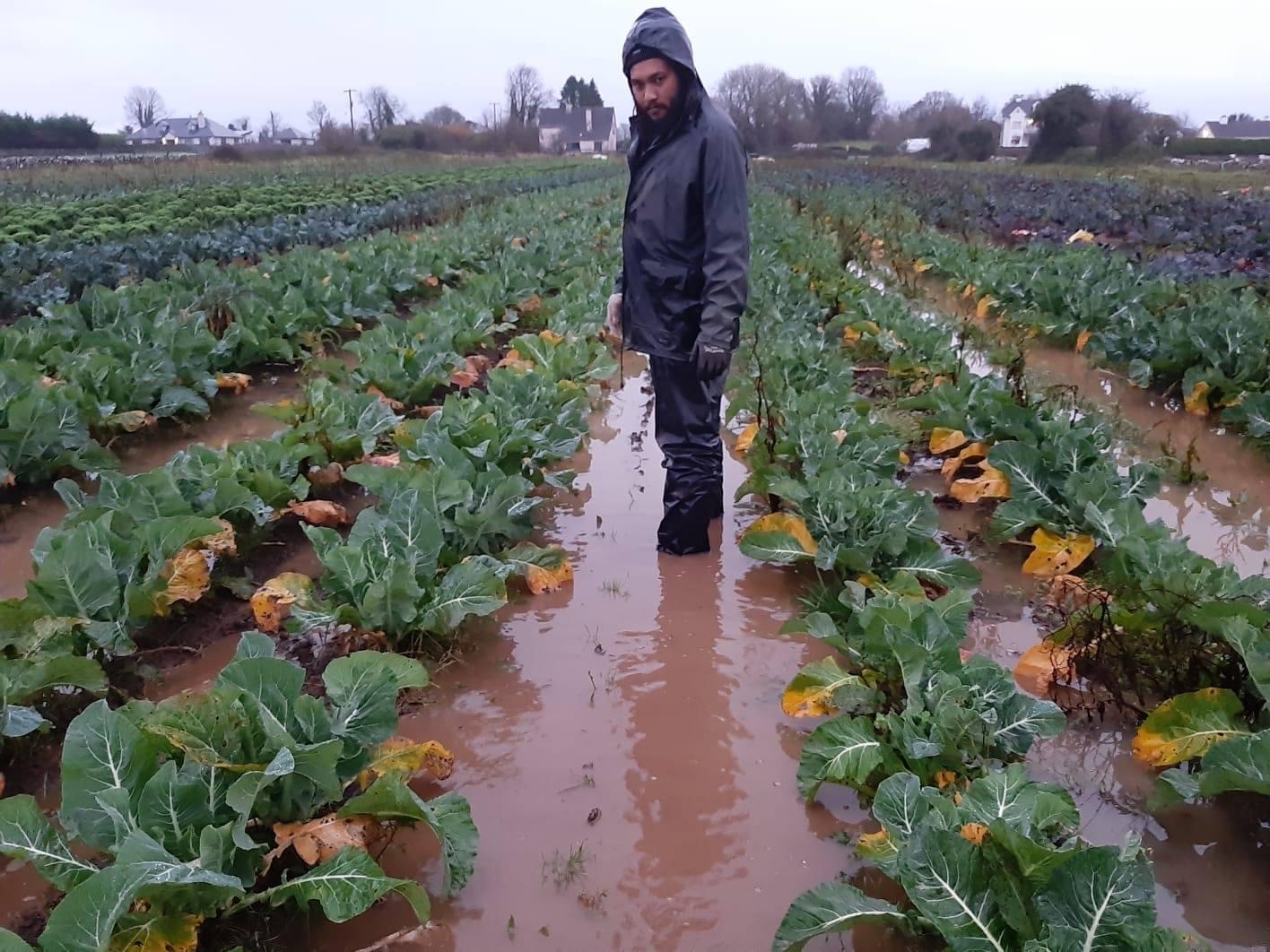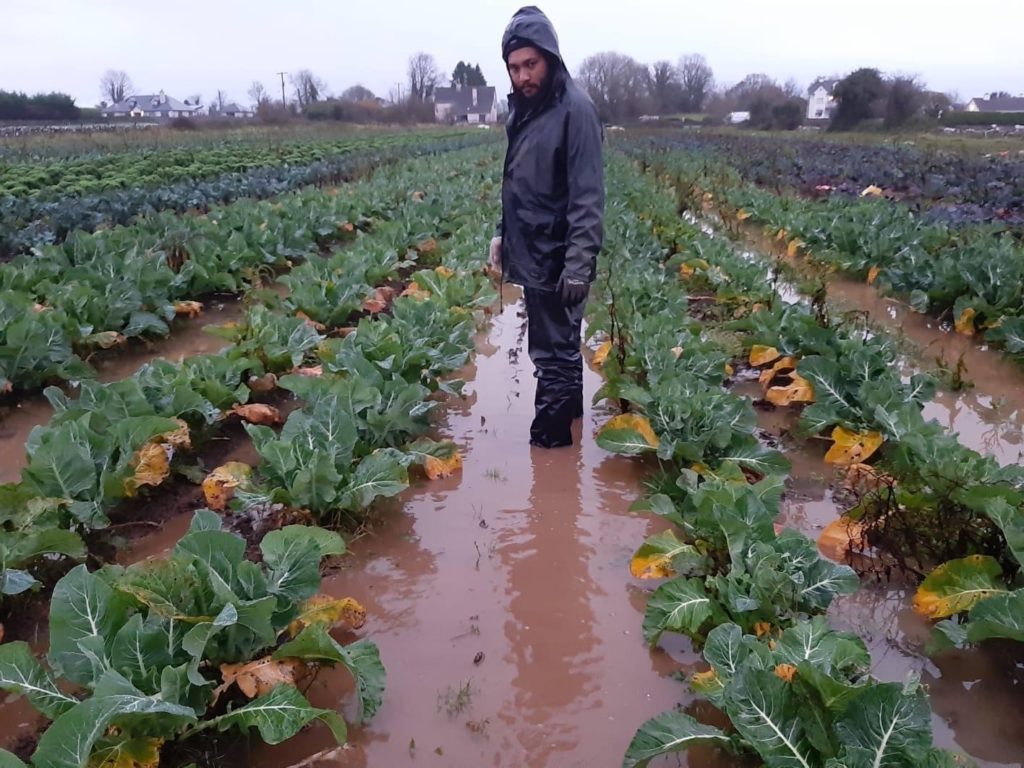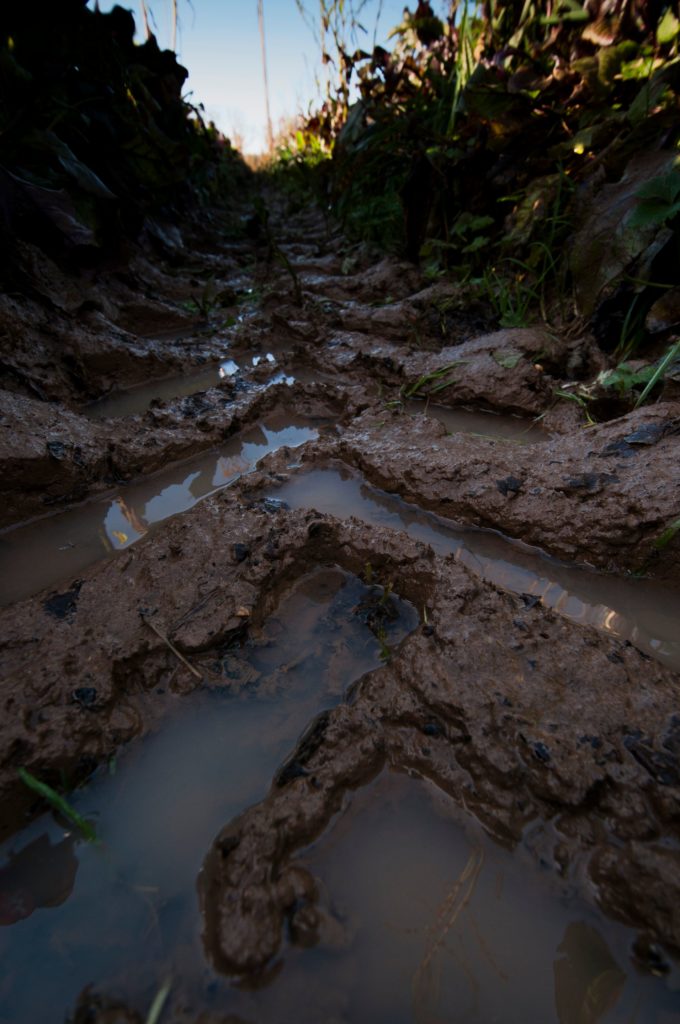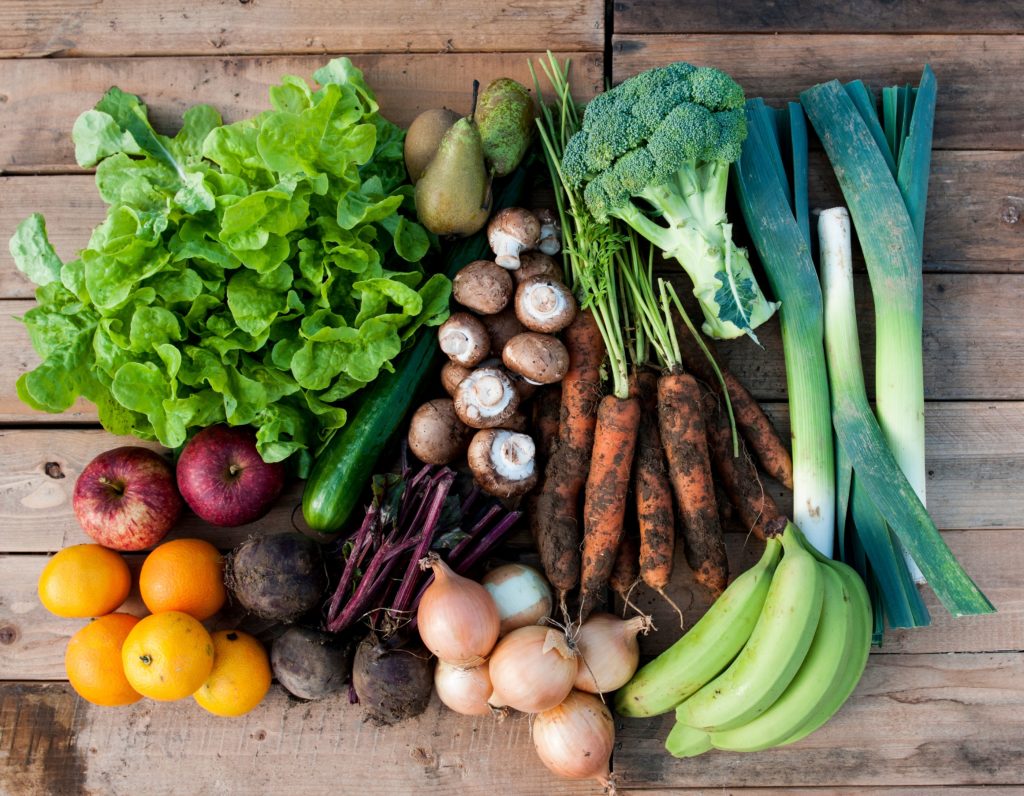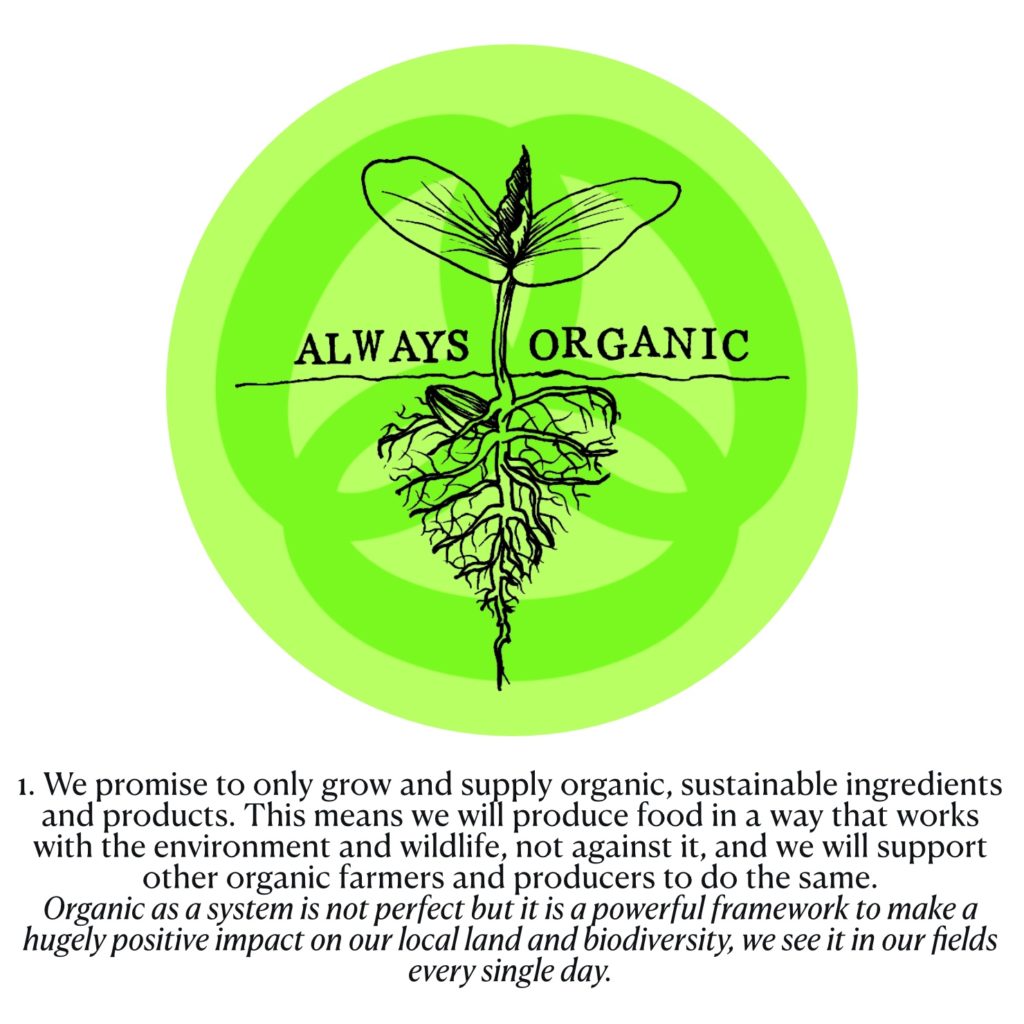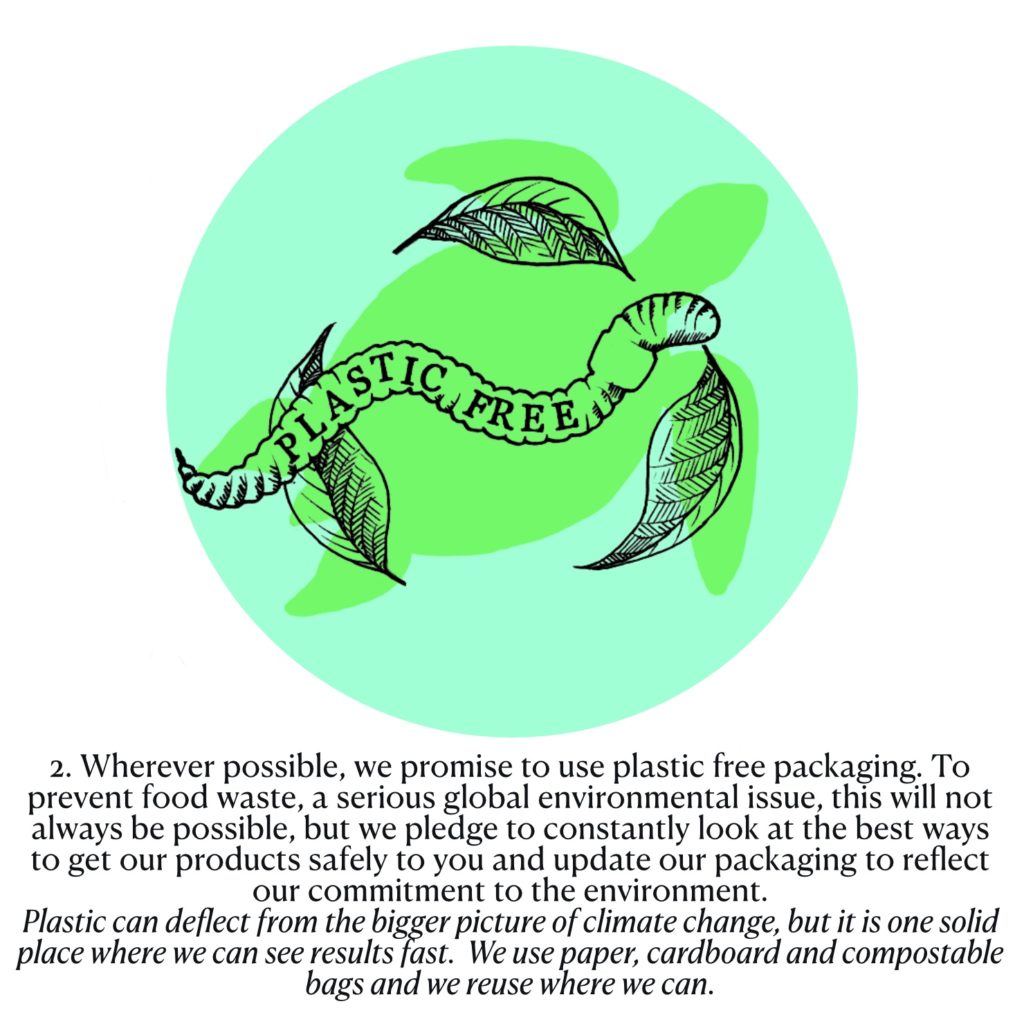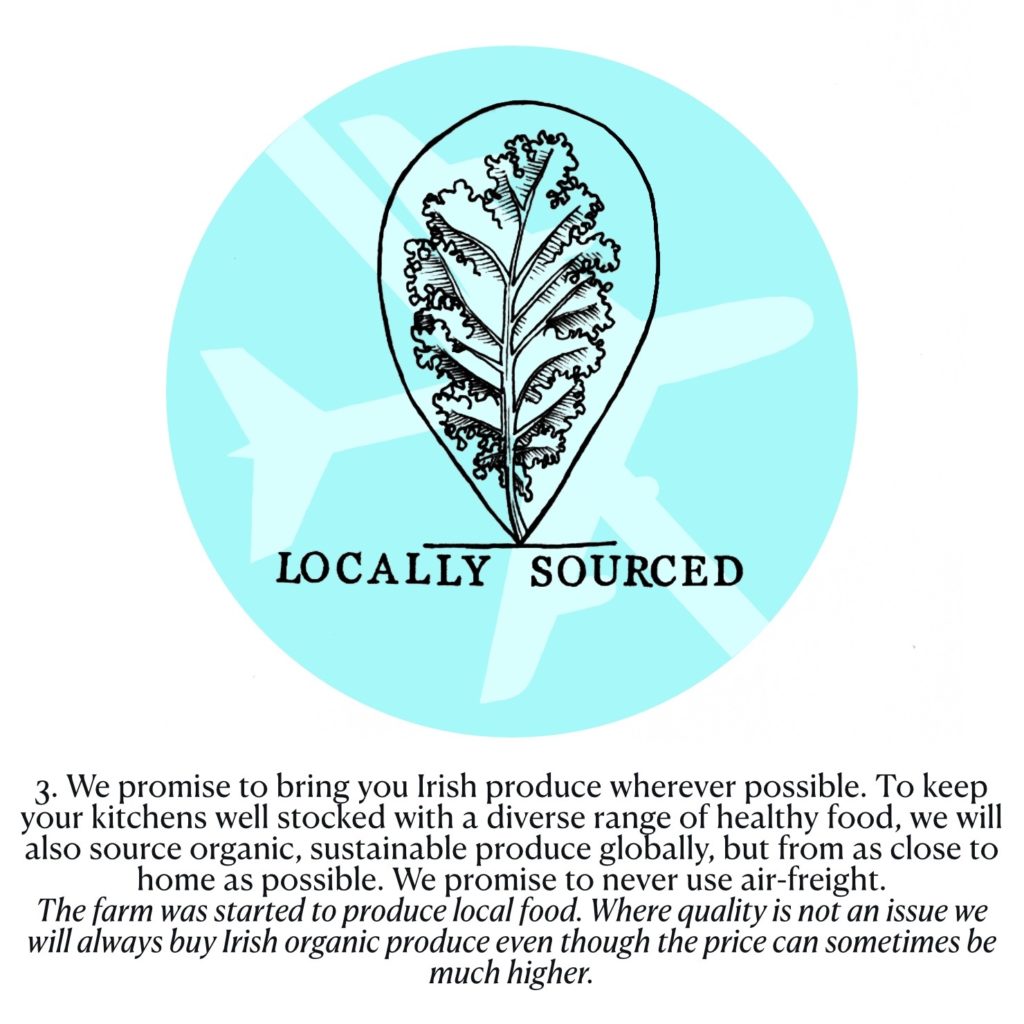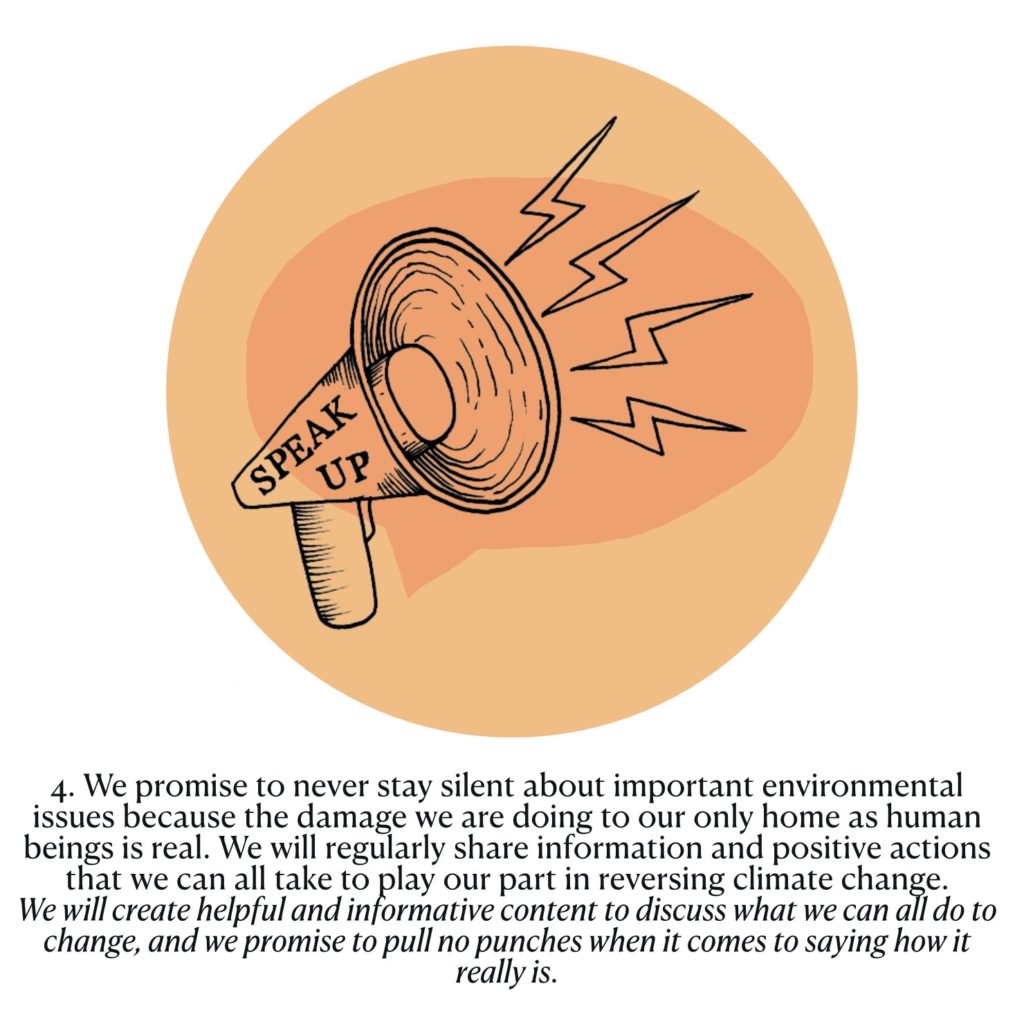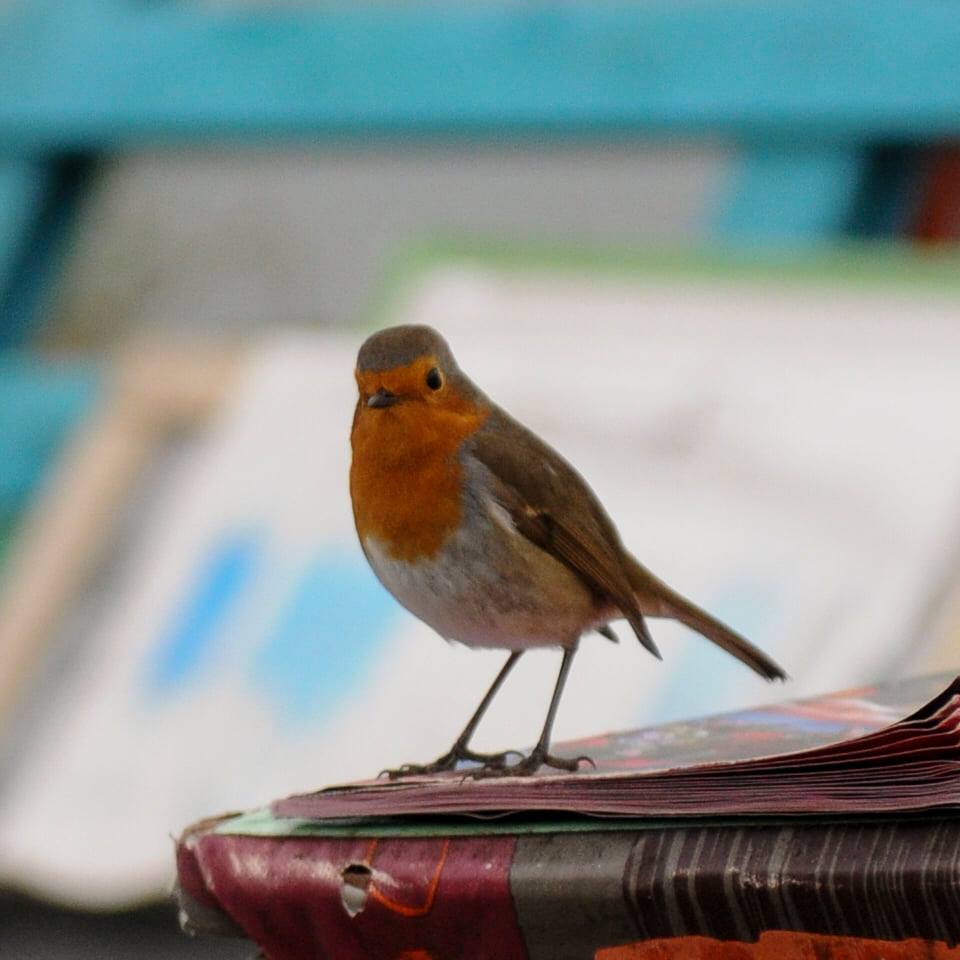
The money you spend in a local business generally goes back into the locality. It is often the unforeseen and indirect ways in which that support matters, take Green Earth Organics today.
Recently we have collaborated with two local small businesses. Rachel who now makes chutney and cranberry sauce for us and Liz who now writes our recipes on our blog. In the last week we have had dealings with our IT support company based here in Galway, our two web developers one based in Athlone and one in Cork, our electrician and plumber based in Galway. Our van company based in Dublin, our tractor mechanic and van mechanic in Galway. I am just out of a meeting with our accountant, he lives locally. A couple of local builders and steel workers help us out regularly, our agricultural contractors, and the purchases we make in the local hardware stores and shops all send the money back into the locality. Not to mention all the IRISH suppliers we buy from weekly and of course our employees. Here is an interview Liz did with Franck from the French market.
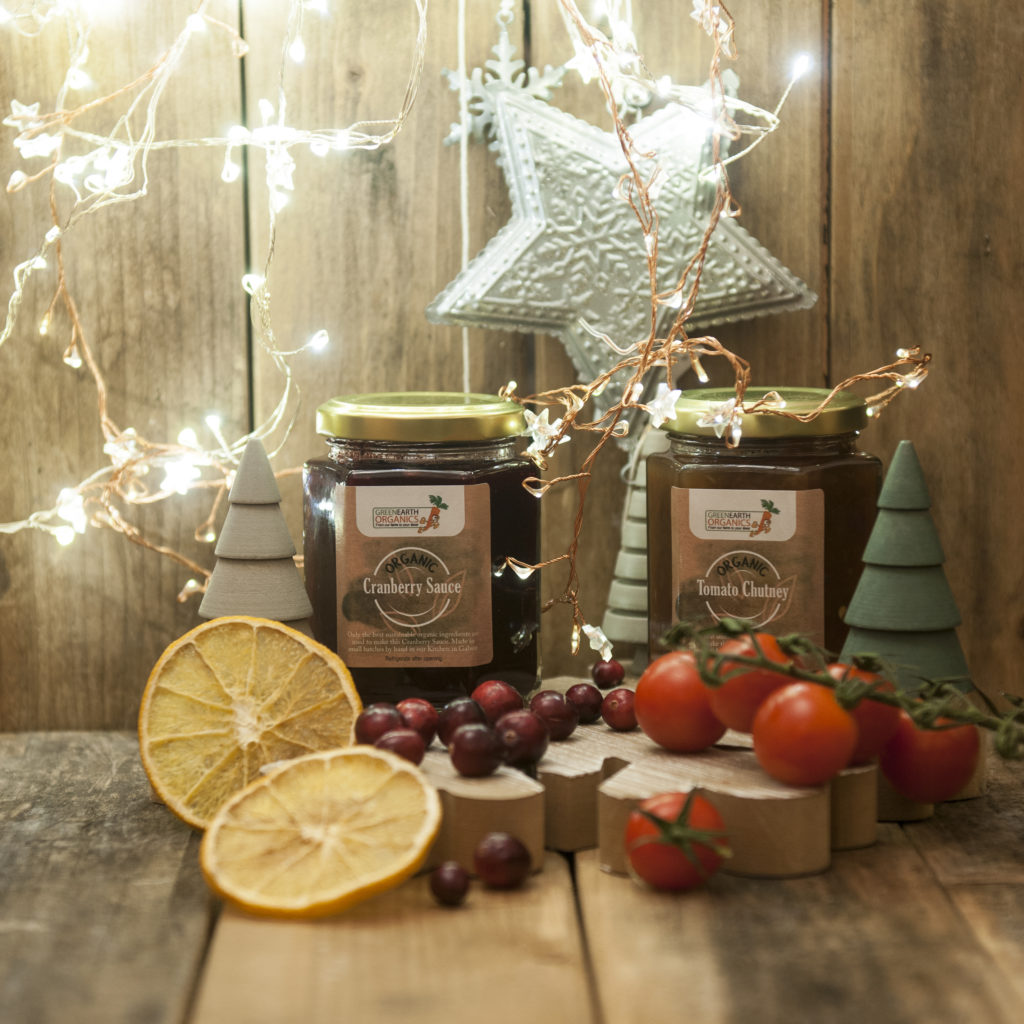
Your purchase today or tomorrow pays for all of this. It is also a well-known fact that a greater percentage of money spent in a small business stays in the locality, while money spent in big retailers disappears into investors pockets, and we know a little bit about dealing with supermarkets. A few years back we stopped supplying supermarkets, we had had enough. Despite what their marketing blurb might say their treatment of growers is the same. The price of produce on the supermarket shelves often does not reflect the real and true cost of food. The lower the price the more that has been extracted for less, from the land, the worker, the farmer and sometimes from all three.
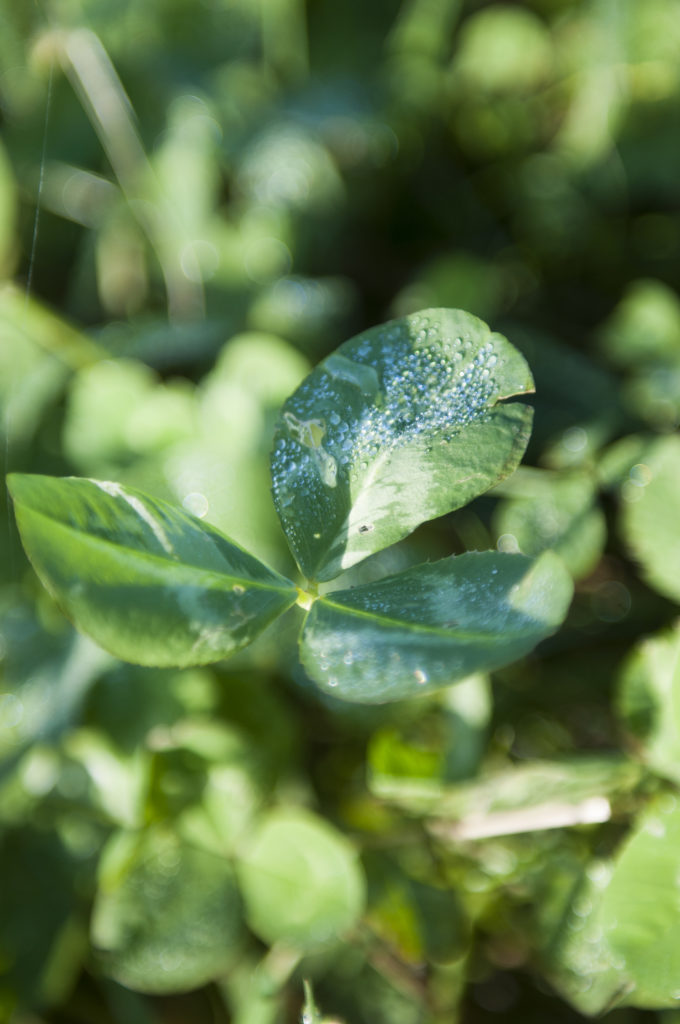
To survive, the modern-day farm needs to expand, it needs to take on debt, it needs to push the efficiency of the animals and the land to the brink. Intensification it seems is the only route to viability. Disillusioned with the industry today, a career on the land is not generally what a young person aspires to, and who would blame them? The traditional model of the family farm is, we are told, “unsustainable”. Our government and the powers that be are insistent that the best way forward for food, is large scale intensification. Supermarkets are putting more and more distance between the farmer and the consumer, it is now impossible to understand where our food comes from our how it was produced.
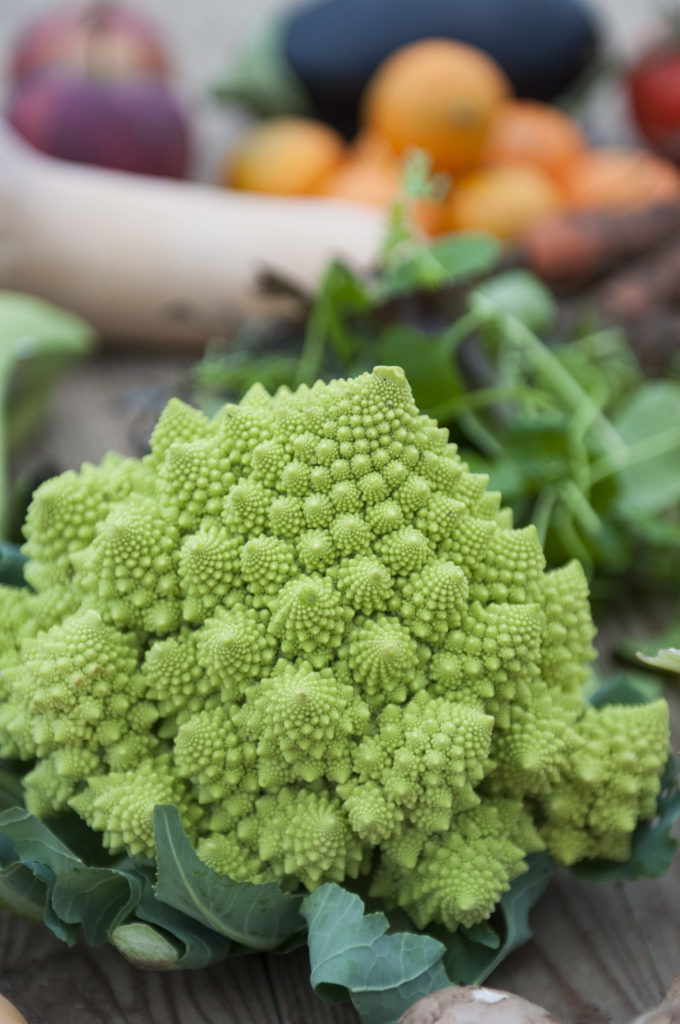
While the conventional system ignores the true cost of food, and is driven by supermarket dictated prices, the sustainable food movement aims to value food fairly, create a connection between growers and consumers and reward those involved in the production fairly according to their input. Your decision to support us is supporting an idea, a sector, a farm, individual’s livelihoods, biodiversity, the soil, the environment, and other sustainable businesses. You are sending a message to the powers that be that you believe there is a better way and crucially you are taking positive action for a more sustainable future.
Thank you
Kenneth

